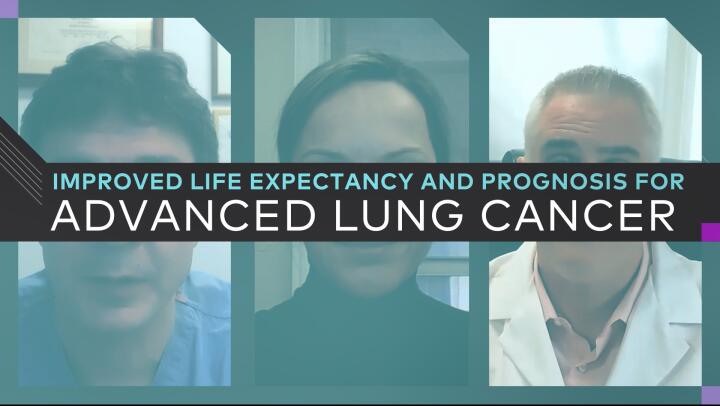
Stage 3 lung cancer is considered an advanced form of lung cancer. Coping with an advanced cancer diagnosis and treatment can challenge you physically and mentally. Most of the time, people focus on the physical aspects of their care and progress, but it’s equally important to focus on your mental health. Depression and anxiety are extremely common among people diagnosed with lung cancer, and you don’t want to ignore them. But the right combination of strategies can vary between individuals. Successfully managing your mental health may require some trial and error, while you figure out what works best for you.
1. Learn all you can about your health.
Time to do some homework! How much do you know about your diagnosis of stage 3 lung cancer? You may find that you gain a measure of control over your situation by learning more about your disease, its prognosis, and treatment. In turn, that knowledge can help you feel calmer and more focused on what you need to do for yourself. In fact, experts recommend taking an active role in your own care because it can make you feel more in control of your own life. Research suggests taking an active role can even decrease depression, a common companion of cancer.
2. Stay alert and watch for changes.
Whether you’re currently undergoing treatment for stage 3 lung cancer or you’ve completed treatment for your cancer, it’s important to continue monitoring your body for any changes. If you notice a new symptom, or an existing symptom worsens, don’t wait around for it to improve on its own. Tell your doctor right away. Knowing that you aren’t sitting around waiting can also give you a greater sense of control over your situation.
But it’s not just changes in your body that you should be monitoring. Be alert for any changes in your mood or outlook. Managing depression and anxiety can include medications, talk therapy, or a combination of both. You are definitely not alone if you need that extra help. If you’re not sure where to seek help, talk to your oncology team, as they may be able to recommend someone with specific experience in working with people who have lung cancer and depression.
3. Take care of your basic needs.
There’s no way around it: treatment for lung cancer is exhausting. Fatigue can make everything seem worse, too. You might feel your hope and positive attitude draining out of you because you’re just too tired or drained to sustain them.
So, when you’re casting about for ideas to make yourself feel better, you might be tempted to skip over the basics. But don’t! The basics are basics for a reason: you need to do these things first.
- Get enough sleep
- Eat a healthy diet
- Exercise regularly
When you’re getting an adequate amount of sleep, healthy food, and exercise, you may notice you’re feeling better physically and mentally. Talk to your doctor if you need help staying on top of these important concerns.
4. Find an avenue for stress relief.
What makes you feel good? What activities help you feel calmer, more relaxed, even if it’s just for the time you spend doing the actual activity? Finding an avenue for stress relief can be a real boon for your mental health, both in the moment and over the long term. Make a list of activities that bring you pleasure or reduce your stress levels. Find a way to include those activities in your schedule, so you’re not tempted to forego them. And if your first couple of choices don’t work out for you, don’t be afraid to try something else.
5. Build a support system.
You don’t have to do this all by yourself. Ask for help if and when you need it. Ask your friends and family if someone can accompany you to a doctor’s visit or help you out at home. If you have neighbors who might be willing to lend a hand, let them know, too. Or just reach out to your loved ones when you need to talk, whether it’s to vent about your frustrations and fears or talk about your hopes.
Other ways that you can seek out the support that you need:
- See a counselor or therapist
- Join a local support group
- Find an online support group or forum for people grappling with cancer
Any or all of these choices can make a positive difference in your outlook and help you feel better.

















